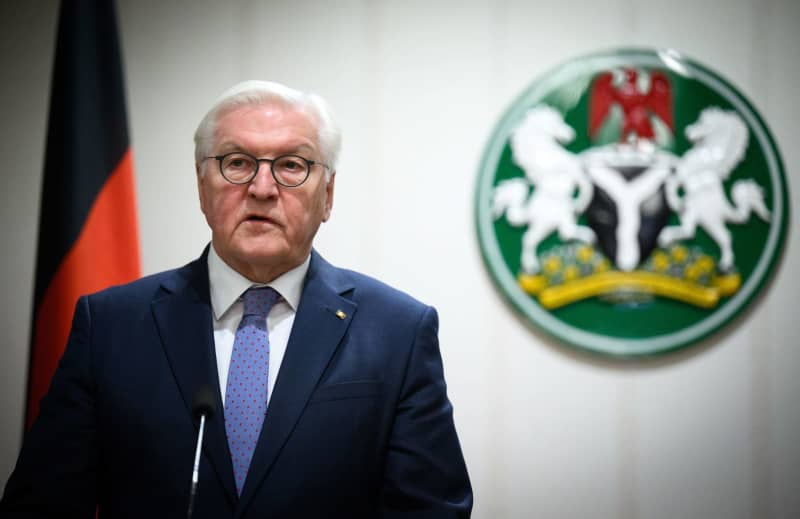During a recent visit to Nigeria, President Bola Tinubu welcomed his German counterpart, Frank-Walter Steinmeier, highlighting the country’s openness to business and investment. Their meeting in Abuja marked the beginning of Steinmeier’s four-day tour across three African nations. Tinubu emphasized the economic reforms Nigeria has adopted in recent years, spotlighting reductions in bureaucracy and tax reforms designed to attract foreign investments. Similarly, Steinmeier acknowledged these efforts, noting that they have positively influenced perceptions within the German business community regarding investment opportunities in Nigeria.
Germany recognizes Nigeria as its second-largest trading partner in sub-Saharan Africa, with both leaders acknowledging the significant potential for growth in bilateral economic relations. Despite Nigeria’s vast oil resources, the country currently faces severe economic challenges, including the worst economic downturn in over two decades. This distress is compounded by soaring inflation and a steep rise in the cost of living, which many Nigerians attribute to Tinubu’s economic policies. Furthermore, persistent issues such as fuel shortages and unreliable power supply continue to hinder economic recovery and growth.
In their discussions, Tinubu also highlighted opportunities for collaboration with Germany in vital sectors like liquefied natural gas (LNG) and renewable energy. Meanwhile, Steinmeier pointed out the potential of hydrogen as a key area for development. These discussions aimed to explore mutually beneficial partnerships that could enhance Nigeria’s economic landscape while providing German businesses with new opportunities for investment and expansion in Africa.
Steinmeier’s visit comes at a time when the Economic Community of West African States (ECOWAS), which comprises 15 member nations, is facing challenges due to the recent withdrawal of Niger, Mali, and Burkina Faso. Earlier in the day, Steinmeier met with ECOWAS President Omar Touray to discuss strategies for strengthening the regional organization amid these difficulties. The outcome of such discussions could influence the political and economic stability of the region, which is crucial for broader investments and development initiatives.
The German president’s agenda includes further talks focused on fostering economic partnerships, with upcoming meetings scheduled in Nigeria’s commercial hub, Lagos. Following his engagements in Nigeria, Steinmeier plans to visit South Africa and Lesotho, aiming to promote deeper diplomatic and economic ties with these countries as well. This series of high-level discussions reflects Germany’s interest in enhancing its footprint in Africa and recognizing the continent’s potential as an emerging market for various sectors.
In conclusion, the meeting between Tinubu and Steinmeier underscores a significant moment for Nigeria as it seeks to attract foreign investment and navigate its economic challenges. The reforms instituted by Tinubu’s administration are designed to stimulate growth and improve the business environment, but the resulting economic pain felt by the populace raises questions about their effectiveness. The discussions around energy partnerships and regional cooperation highlight an ongoing effort to align Nigeria’s economic recovery with broader international investment trends, while the evolving dynamics within ECOWAS pose additional layers of complexity for regional collaboration and development.

